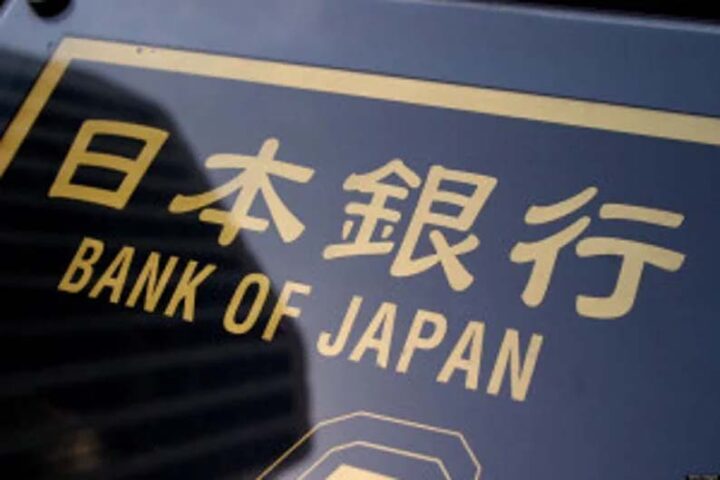The European Central Bank’s decision to cut its benchmark interest rate to 2.75% underscores the persistent economic stagnation gripping the Eurozone, warns deVere Group, one of the world’s leading independent financial advisory and asset management firms.
The ECB announced on Thursday that it lowered its key rates by 25 basis points (bps), as expected.
The unanimous move by the Governing Council comes against a backdrop of zero-growth in the fourth quarter of 2024 and continued struggles in manufacturing.
ECB President Christine Lagarde cautioned that the economy is set to remain weak in the near term, highlighting fragile consumer confidence and ongoing sectoral imbalances.
“The ECB’s rate cut is a clear acknowledgment that the Eurozone economy is treading water. Growth is elusive, manufacturing remains in contraction, and households are under pressure,” said deVere Group CEO Nigel Green.
“This latest policy move aims to stimulate lending and investment, but investors should be wary of its wider implications.”
Markets are now assessing whether this rate cut is the first in a series or a one-off effort to support the economy.
Uncertainty remains
While inflation in the Eurozone has cooled from its post-pandemic highs, uncertainty remains over how quickly price pressures will stabilise. A lower deposit rate may weaken the euro, making European exports more competitive, but raising the cost of imports — potentially exacerbating inflationary risks.
“Investors need to pay close attention to currency movements,” noted the deVere CEO.
“A softer euro could lift certain European stocks, particularly in export-driven industries, but could also erode returns for international investors with euro-denominated assets.”
He added that, “for those with a global perspective, this is another stark reminder of the importance of diversification. Relying too heavily on one region or asset class in a climate of shifting monetary policies is a high-risk strategy.”
Despite the ECB’s move, economic growth prospects remain weak.
Business sentiment surveys suggest that while services are holding up, industrial output continues to shrink. The real test will be whether easier monetary conditions can translate into tangible economic recovery.
“Investors should prepare for a period of lower returns in traditional safe-haven assets in the Eurozone,” Green warned.
“With rate cuts in play, we expect increased volatility in bond markets, as investors reassess yield expectations. Equities, particularly those linked to consumer spending and infrastructure, may benefit if borrowing costs stay low for an extended period.”
Beyond domestic concerns, Eurozone investors must contend with global uncertainties. A divergence in monetary policy between the ECB and the US Federal Reserve could have significant ramifications for capital flows.
Meanwhile, geopolitical risks — including trade tensions and supply chain realignments — add further complexity.
“Opportunities always exist, particularly for those prepared to take a long-term, disciplined approach. The ECB’s shift presents challenges, but with the right strategy, investors can position themselves to benefit from evolving market conditions,” the deVere CEO concluded.







